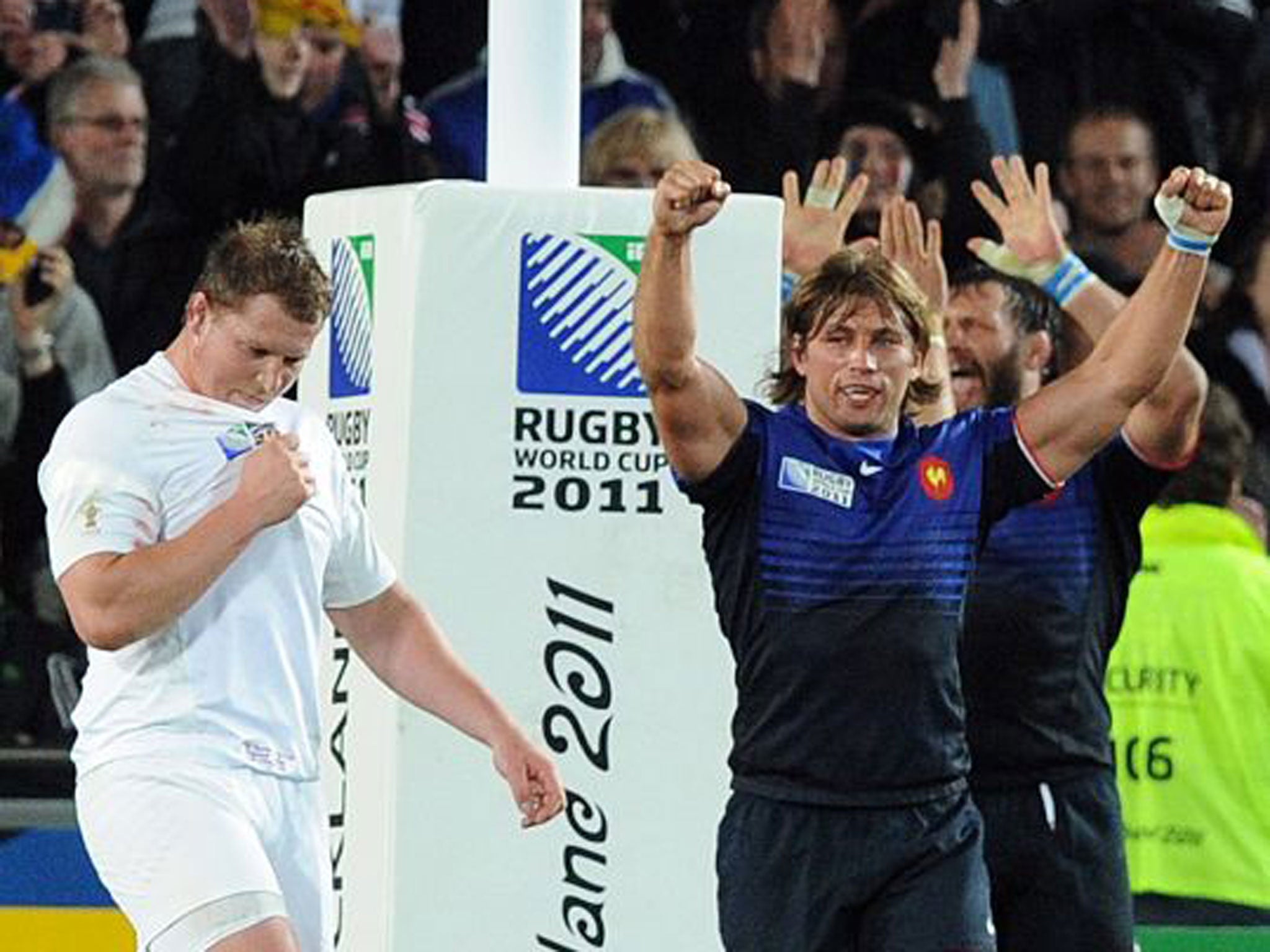Ian Ritchie must appease clubs ahead of 2015 World Cup

Your support helps us to tell the story
From reproductive rights to climate change to Big Tech, The Independent is on the ground when the story is developing. Whether it's investigating the financials of Elon Musk's pro-Trump PAC or producing our latest documentary, 'The A Word', which shines a light on the American women fighting for reproductive rights, we know how important it is to parse out the facts from the messaging.
At such a critical moment in US history, we need reporters on the ground. Your donation allows us to keep sending journalists to speak to both sides of the story.
The Independent is trusted by Americans across the entire political spectrum. And unlike many other quality news outlets, we choose not to lock Americans out of our reporting and analysis with paywalls. We believe quality journalism should be available to everyone, paid for by those who can afford it.
Your support makes all the difference.Ian Ritchie may have emerged from the vicious turf war over European club rugby with an enviable reputation as a problem-solving boardroom tactician – only a skilled negotiator could have convinced some of the sport’s most powerful figures their bunker mentality would lead them to ruin – but the Rugby Football Union chief executive faces a second challenge ahead of next year’s home World Cup that will test his gifts of persuasion to the limit.
World Cup regulations mean that the 12 top-flight professional clubs must all but shut down for the duration of the global tournament’s pool stage – a 40-match programme running from mid-September to mid-October, which falls squarely into the category of Premiership prime time. The clubs are seeking compensation and plenty of it: £14m according to some reports, although Ritchie claimed yesterday he did not recognise the figure. Whatever the arithmetic, there is a lot of hard talking to be done.
“Because the European club rugby issue took the best part of two years to work itself out, the Rugby Football Union has had no proper discussion with the clubs on this subject,” Ritchie said. “It’s been on the back-burner. Now, we must put it on the front-burner.
“I agree with Bruce Craig [the Bath chairman and principal investor who has emerged as one of the key figures in the English club movement] that we should be getting on with it sooner rather than later and I hope to reach an agreement this year.
“There will be an impact on the club game over the period in question, but I’m confident it will be followed by an upturn. In fact, I believe the World Cup will be hugely positive for the clubs in economic terms – and, indeed, for the whole of rugby in the United Kingdom.”
The clubs will need some convincing. Not only will they be closed for business at a time when turnstile activity tends to be high, they must also find a way of cramming lengthy domestic and cross-border fixture programmes into an unusually tight space. There is no obvious way of extending the season beyond the end of May 2016 because England’s three-Test tour of Australia is already in place. As one very senior club negotiator said two weeks ago: “These talks will be extremely tough because there is a lot at stake, and not just financially. The integrity of our competitions is crucial to us.”
Meanwhile, the fallout from last weekend’s “Battle of Kingsholm” – a roughhouse Premiership match between Gloucester and Bath in which two players were sent off and five dispatched to the sin bin – continued to rain down on the protagonists. The Gloucester scrum-half Tavis Knoyle and prop Sila Puafisi, both of whom received red cards for punching and dangerous tackling respectively, will be dealt with at disciplinary hearings tomorrow night.
Two Bath men, the full-back Nick Abendanon and the prop Paul James, were given yellow cards after the match for their perceived misdemeanours. Neither will face a tribunal.
Join our commenting forum
Join thought-provoking conversations, follow other Independent readers and see their replies
Comments